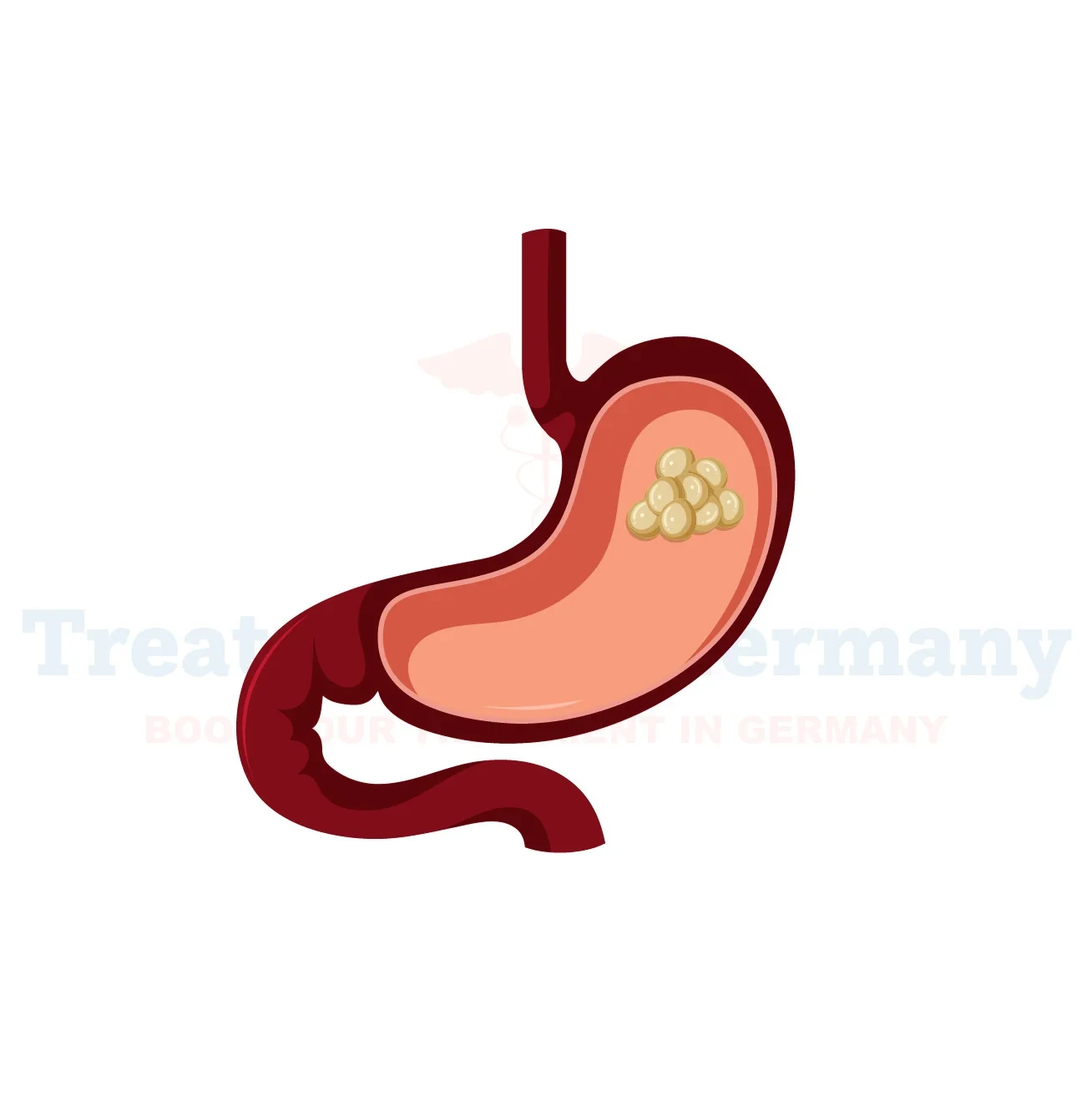Esophageal cancer is a serious health concern in Germany. It has invaded the esophagus, which is a muscular tube running from the throat, passing on food to the stomach. This cancer is especially very intimidating because usually by the time it is discovered, it has already reached an advanced stage. Early identification and treatment are the measures that can help boost the prognosis.
A malignancy of the cells lining the esophagus is called esophageal cancer. Of the two main types of esophageal cancer in Germany, each is predisposed by completely different risk factors, and include tobacco use and the chronic condition heartburn that needs to be treated with medication as opposed to attempts to dilate or stretch the condition, alcohol use, and smoking.
There are two types of Esophageal Cancer:
Distinguishing Early Signs of Esophageal Cancer
Early detection becomes a major determinant for good treatment of esophageal cancer in germany, but early signs may be faint and also easily ignored.
Some of the common early symptoms of esophageal cancer include persistent heartburn, hoarseness or chronic cough, and difficulty swallowing, medically called as dysphagia. Advanced cases of this cancer may even result in severe weight loss and discomfort or chest and back pain.
Vomiting blood, increased pain, and extreme weight loss, mainly due to inadequate food intake due to dysphagia, present the advanced state of this cancer.
Diagnostic Tests in Germany
Since the right planning of the treatment starts with proper diagnosis, Germany's medical centres make use of different diagnostic methods to determine the presence and extent of esophageal cancer.
Computed Tomography of Esophageal cancer
Computed tomography is taken in order to ascertain the spread of cancer outside the esophagus to have detailed images of the esophagus and the surrounding structures.
Esophagogastroduodenoscopy(EGD) of Esophageal cancer
During esophagogastroduodenoscopy(egd), the doctor can view into the esophagus and got samples of tissues that are to be sent for biopsy; these are necessary aspects in the confirmation of the diagnosis.
Cancer Staging Systems: This aspect of the diagnosis indicates how advanced or low the cancer has entered the esophagus and other parts of the body that is necessary in coming up with a treatment program. The stages include early, such as Stage 0 or abnormal cells, to advanced or stage 4 cancer treatment.
Treatment Options in Germany
The treatment decisions are based on the stage of cancer and overall health of the patient, wherein traditional and advanced treatments are opted for in Germany.
Endoscopic Submucosal Dissection and Endoscopic Mucosal Resection: These less-invasive endoscopic procedures allow the removal of primary tumors of the esophagus with minimal recovery time and much less agony for the patient.
New Cancer Treatment Research in Germany
Germany is the forerunner in new cancer treatments. Advanced therapies provide hope for patients.
Targeted Therapy and Immunotherapy:
Targeted therapy for esophageal cancer employs drugs that are designed to specifically target the mechanisms employed by the cancer cells without attacking normal cells. It is an increasingly dynamic area of treatment for esophageal adenocarcinoma.
Immunotherapy of esophageal cancer is primarily offered to enhance the body's immune system to combat cancer. It is a new advanced type of treatment that has been effective in many patients with far advanced esophageal cancer in Germany, which does not respond well to other treatments.
Photodynamic therapy of esophageal cancer: This is an advanced therapy in which medication that is sensitive to light and laser are used to destroy the cancer cells. It is mainly given for superficial types of esophageal carcinoma.
Care and Rehabilitation after Treatment in Germany
Care and rehabilitation after the treatment play a significant role in recovery and quality of life improvement after esophageal cancer treatment.
Understanding the Costs and Facilities
Cost of treatment and facilities are important while patients make a decision for their treatment. While this is an important factor for esophageal cancer as well.
The treatment costs of esophageal cancer in Germany range between very high and low rates depending on the type of treatments and stage of diseases. Germany has both high-tech and cheap treatments. Most of them are covered under the German health care or through private insurance.
The best German hospitals- Gastroenterology and Oncology: There are a few of the world's best gastroenterology and oncology hospitals in Germany, which makes available top-of-the-line treatments and fine patient care.
The List of Top German Gastroenterology and Oncology Hospitals
Germany’s hospitals some of the world's best medical facilities, and most of them specialize in the treatment of esophageal cancer. The hospitals have been acknowledged for high-level medical technologies, modernized treatment approaches, and excellent healthcare professionals. Some of the best facilities include:
Benefits of Getting Medical Treatment in Germany
Germany offers high-tech esophageal cancer treatments which are associated with:
Thus, it is one of the best destinations to search for top-class oncological treatment.
Frequently Asked Questions
What is the most common type of esophageal cancer in Germany?
Adenocarcinoma is the most common type in Germany, especially in those having history of gastroesophageal cancer.
Is chemotherapy of any use for esophageal cancer?
Chemotherapy helps to treat patients by delivering other treatments altogether and plays an essential role in the combination for the treatments for esophageal cancer in Germany.
What is the outlook for a patient with esophageal cancer in Germany?
No Prognosis varies, but early detection and treatments available in Germany may improve survival.
Can lifestyle changes prevent esophageal cancer?
Yes. Reducing risk factors such as smoking and heavy alcohol use and managing heartburn may minimize the risk of developing esophageal cancer.
👉 Contact us for further information and receive a complimentary consultation.


.webp)
 (1).webp)

.webp)
 (1).webp)


.webp)
 (1).webp)

.webp)
 (1).webp)
